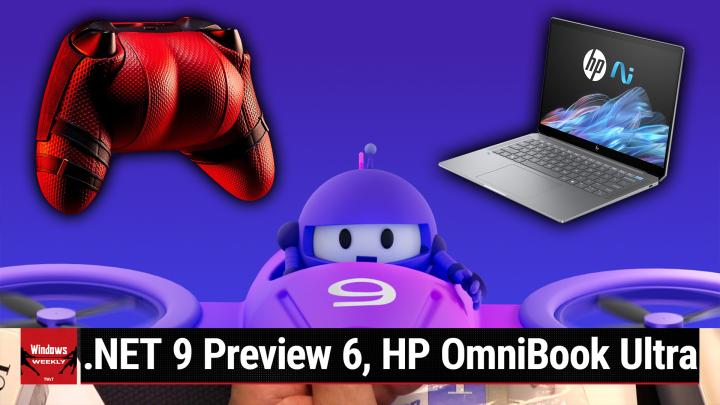Xbox Game Pass Price Hike and Microsoft’s Perplexing Direction
AI created, human edited.
In a recent episode of Windows Weekly, hosts Leo Laporte, Paul Thurrott, and Richard Campbell dove deep into the latest controversial developments surrounding Xbox Game Pass. Microsoft's game subscription service has been making waves, but not for the reasons fans hoped.
Paul Thurrott kicked off the discussion by highlighting a series of unexpected changes to Game Pass that have left many Xbox enthusiasts scratching their heads. The most significant revelations include price increases across all Xbox Game Pass subscription tiers, the elimination of the popular Xbox Game Pass for Console option, and Microsoft backing away from its promise to bring all first-party titles to Game Pass on day one.
What makes this situation particularly puzzling is how this information came to light. According to Thurrott, these details weren't formally announced by Microsoft but appeared prematurely in a support document. This lack of official communication has only increased frustration among Xbox fans.
The timing of these changes is especially perplexing given Microsoft's recent $68 billion acquisition of Activision Blizzard. As Thurrott points out, "You don't spend $68 billion on Activision and release a new Call of Duty game every year that makes several billion dollars and just roll that all into a Game Pass plan without raising prices." However, the absence of any announcements about Activision Blizzard games coming to Game Pass has left subscribers wondering about the value proposition.
Richard Campbell echoed these concerns, noting that the original vision of Game Pass as an ever-expanding library of games seems to be eroding. The hosts discussed how this shift might push gamers back to platforms like Steam, where they can purchase games individually and often find significant discounts over time.
Leo Laporte, who described himself as a more casual gamer, shared that Game Pass had been a key factor in his decision to purchase an Xbox. The premise of easily sampling a variety of games without individual purchases was appealing, but these changes may alter that calculus for many users.
The conversation also touched on the potential of cloud gaming through Game Pass Ultimate, though Thurrott expressed skepticism about its performance for action-heavy titles. A new bundle featuring an Xbox controller, Amazon Fire TV Stick, and a month of Game Pass Ultimate was mentioned as a low-cost way for curious gamers to try the cloud gaming experience.
Throughout the discussion, the hosts emphasized the need for better communication from Microsoft. The lack of clear messaging about the future of Game Pass, especially regarding the integration of Activision Blizzard titles, has created an information vacuum that's being filled with disappointment and speculation.
As the gaming industry continues to evolve, it's clear that Microsoft's strategy for Xbox and Game Pass is at a critical juncture. Will these changes ultimately strengthen the platform, or are they the beginning of a retreat from the "Netflix for games" model that once seemed so promising?
To hear the full discussion and get all the details on this developing story, be sure to check out the latest episode of Windows Weekly. The hosts' in-depth analysis and industry insights provide valuable context for understanding the broader implications of Microsoft’s decisions and developments across PC, AI, developer, and gaming fields.
Subscribe to Windows Weekly for more!
